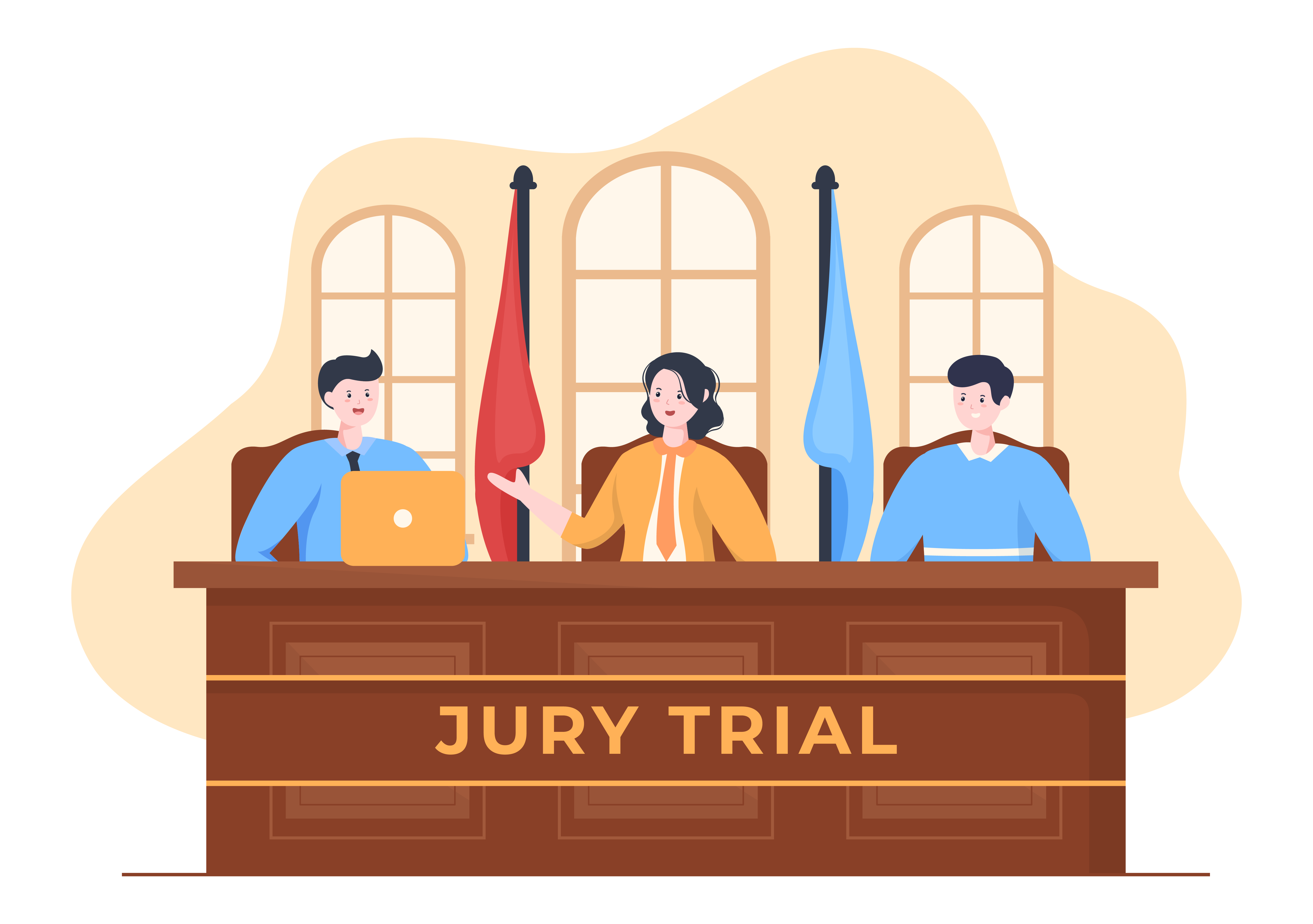A DECADE LATER, ROSS ULBRICHT’S SILK ROAD SENTENCING DEMONSTRATES THE GOVERNMENT’S FEAR OF BITCOIN
The harsh sentence given to Ross Ulbricht in 2013 shows that the U.S. government is afraid of competition from Bitcoin and the dollar.
After a trial that lasted several weeks in Manhattan’s United States District Court for the Southern District of New York, Ross Ulbricht, who created and ran the Silk Road, one of the first marketplaces to only accept bitcoin, was given a death sentence. Three and a half hours was all it took for the jury to decide that Ulbricht was guilty on all seven counts that the U.S. government had brought against him: distributing drugs, distributing drugs over the internet, conspiring to distribute drugs, running a continuing criminal enterprise, conspiring to hack computers, conspiring to trade in fake IDs, and conspiring to launder money.


Ulbricht got five different sentences for each of these convictions:
One for the next twenty years;
One for fifteen years,
One out of five,
Two for all time.
Ulbricht is serving both sentences at the same time, and he has no chance of getting out.
The judge’s sentence of two life sentences and forty years sent shock waves through the financial technology community, where many people thought the sentence was too harsh for the crime. After all, not a single one of Ulbricht’s seven convictions was for being violent.
Looking back on it after 10 years, it seems that at least part of the reason the U.S. government asked for a harsh sentence was to protect the U.S. dollar. In fact, fiat is backed by the fact that the state has a monopoly on violence, which in Ulbricht’s case showed up as a very powerful prosecutor.
BITCOIN APPLICATION, MIXING, AND TOR
First, it’s important to take a look at what went into Ulbricht’s sentence. According to U.S. sentencing rules, Ulbricht had to serve a minimum of 20 years in prison for three of his convictions and a maximum of 7 years in prison for two others. Since the sentences can be served at the same time, Ulbricht could have been given only a 20-year sentence. Yet, in the U.S. government’s sentencing submission, prosecutors in the Southern District of New York asked the court to “impose a long sentence, one that is significantly longer than the 20-year mandatory minimum.”
Why? After Ulbricht was sentenced, the U.S. Attorney for the Southern District of New York said, “Make no mistake: Ulbricht was a drug dealer and criminal profiteer who took advantage of people’s addictions and contributed to the deaths of at least six young people.”
But the U.S. Attorney also made sure to point out that Ulbricht used Bitcoin as a payment method, which helped keep the Silk Road anonymous:
“Ulbricht ran Silk Road on purpose as an online black market where people could buy and sell drugs and other illegal goods and services without being seen by law enforcement.” Ulbricht made Silk Road with a Bitcoin-based payment system that made it easier for people to do illegal business on the site by hiding their identities and where they were when they sent and received money through the site.
How much did Ulbricht’s choice to use bitcoin and a bitcoin mixer (or tumbler) affect the length of his sentence? It’s not easy to say.
Ulbricht’s sentence was always going to be harsh because the laws he broke made him responsible for all the drugs and narcotics that were traded on the Silk Road. The longer the first sentence should be, the more drugs are being sold. But it’s important to note that this loose definition of conspiracy has been called a bad way to use the law.
In a typical plot, all of the people involved know each other and agree to commit the crime together. With the Silk Road, there wasn’t one big multilateral agreement. Instead, there were many small agreements between the website and each seller, or, in other words, many different conspiracies. Putting this wrong use of the site aside, Ulbricht was charged with helping to move more than 60,720 kilos of cocaine, heroin, and meth by combining the agreements between each user and the site into one huge criminal plot.
From there, the sentencing judge added several sentencing enhancements, which are things that make the recommended prison sentence in the U.S. sentencing guidelines chart longer. This included the fact that Ulbricht may have paid for murders for hire in connection with the Silk Road (the judge said that “there is ample and unambiguous evidence that Ulbricht commissioned five murders as part of his efforts to protect his criminal activities”). During the conviction phase of the trial in New York, these claims were not fully made or proven. Because of this, Ulbricht’s lawyers could have argued that they shouldn’t have been allowed to be used. But the defence didn’t do that, so the murder-for-hire evidence was allowed in and became one of the main things that made the case worse.
Bitcoin was also labelled as an aggravating factor. Ulbricht’s computer-hacking charges were increased because he employed “sophisticated means.” The judge justified the enhancement by citing “the use of Tor, which required some level of sophistication, the bitcoin tumbler, of course, [and] the use of stealth listings.”
Under federal sentencing guidelines, Ulbricht was given the maximum amount of time in prison, which is twice as long as life in prison.
THE DOLLAR’S COMPETITION
Many of Ulbricht’s supporters have argued that the prison sentence is excessive in comparison to the crime. They may have a valid point. Ulbricht’s sentence was far longer than the average federal sentence for drug offenders, which was about six years. Ulbricht’s sentence was eight times harsher as a first-time offender of a nonviolent crime than the sentence handed down to former Minneapolis Police Officer Derek Chauvin for fatally kneeling on George Floyd’s neck for nine and a half minutes. His double life sentence is comparable to that of serial killers, serial rapists, and child molesters.
By looking at the prosecutor’s statements, the judge’s rulings, the federal sentencing guidelines, and the average sentences for other, more serious crimes, it seems that Ulbricht’s harsh sentence is at least partly because the US government was worried about Ulbricht’s use of bitcoin as the Silk Road’s only anonymous payment system.
When viewed in the context of other aggressive prosecutions of alternative currency users and promoters, it is clear that the US government used its prosecutorial power liberally against Ulbricht and the Silk Road to deter competition for the dollar.
Take, for example, Bernard von NotHaus, the founder of the National Organization to Repeal the Federal Reserve Act (NORFED). The Liberty Dollar, a private barter money system of coins and bills backed by specific weights of gold and silver, was created by NotHaus’ organisation. Despite marketing the Liberty Dollar as a competitor to the US dollar rather than the genuine article, NotHaus was arrested and charged with conspiracy and counterfeiting in 2009. Prosecutors sought a sentence of 14 to 17 years in prison for the septuagenarian (essentially life in prison), and issued a press release calling the private barter money “a unique form of domestic terrorism.” NotHaus was lucky that cooler heads won out, and the judge gave him a reasonable six months of home detention.
And, just last month, Mark Hopkins, a Bitcoin educator known as “Doctor Bitcoin,” pled guilty to charges of selling bitcoin peer-to-peer without a “money transmitter’s licence,” in violation of FinCEN regulations. Hopkins is currently serving a six-to-fifteen-month sentence in federal prison. He said that prosecutors forced him to take the plea deal by saying that if he didn’t cooperate, they would also charge his wife.
These cases, including Ulbricht’s, show that the US government is quick to use harsh prosecutorial tactics for nonviolent currency offences. One can only imagine what would have happened if Satoshi Nakamoto had remained anonymous.

